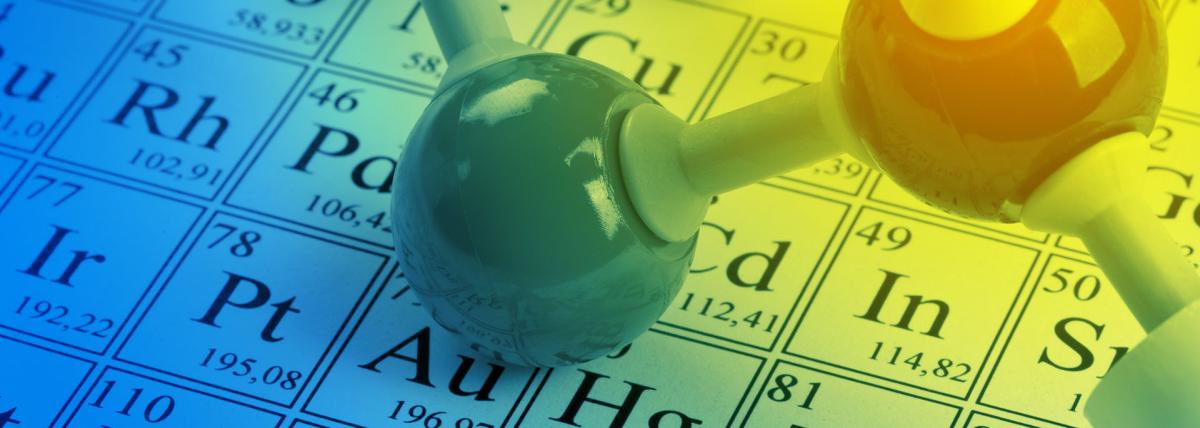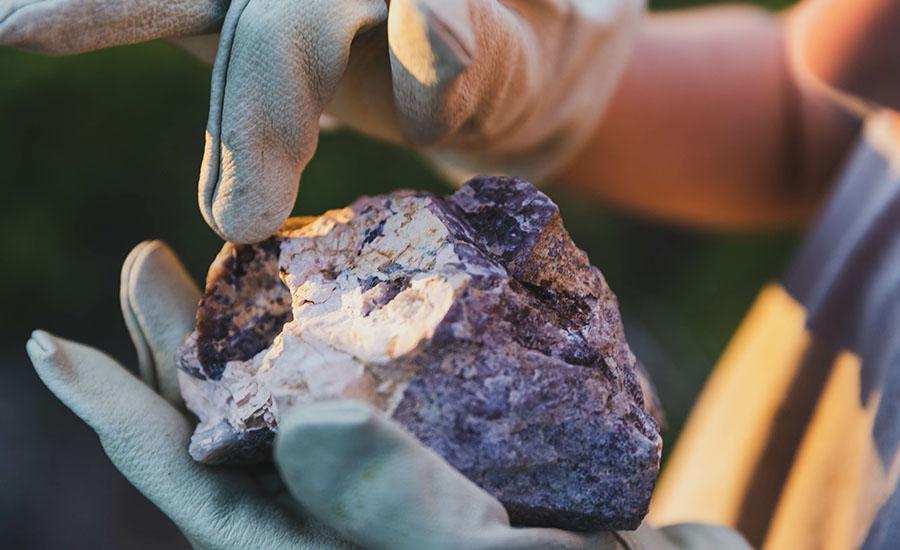
Grades:
9th Grade, 10th Grade, 11th Grade, 12th Grade
In this lesson students evaluate the advantages and disadvantages of conventional, petroleum-based plastics, bioplastics, and their different varieties. The lesson is driven by class/group research






